A giant pumice stone floating in the Pacific could help heal Australia’s Great Barrier Reef
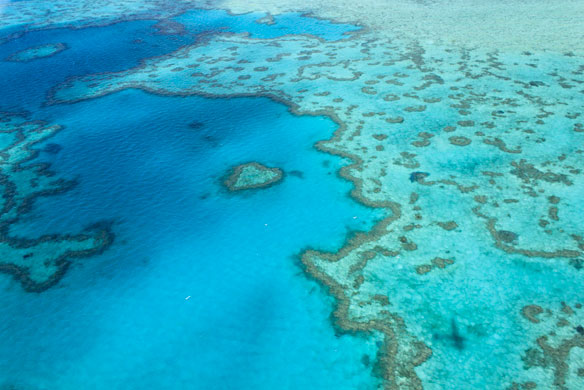
A pumice “raft” the size of Manhattan is drifting towards Australia, bringing along with it new marine life that could help with the recovery of the Great Barrier Reef’s corals, half of which have been killed in recent years as a result of climate change.
Rockweed Rescue
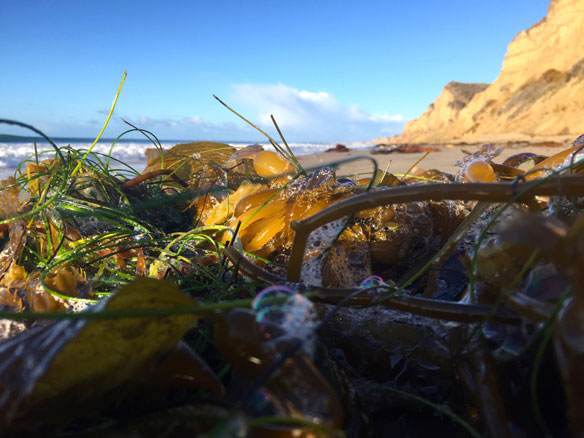
UC Santa Barbara marine scientists to restore rocky intertidal seaweed to boost coastal biodiversity.
Radiation in parts of Marshall Islands is higher than Chernobyl
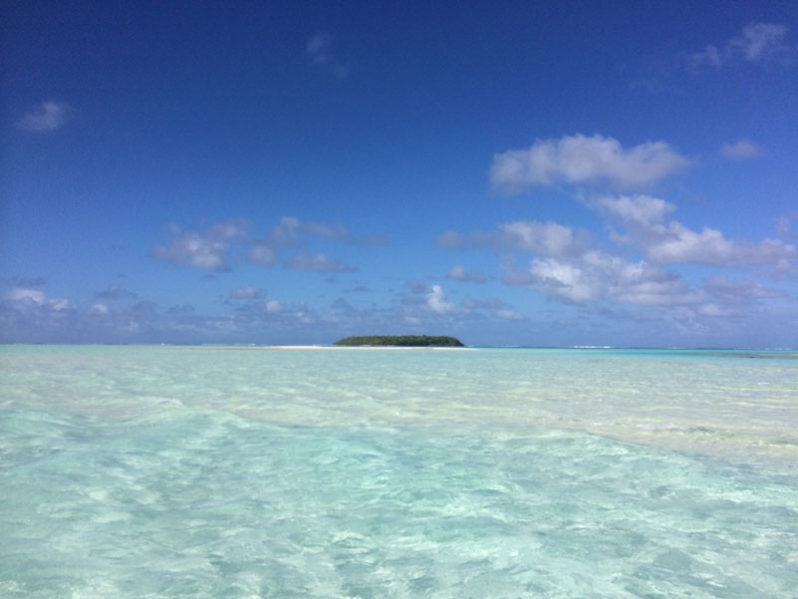
Radiation levels in parts of the Marshall Islands in the central Pacific Ocean, where the United States conducted nearly 70 nuclear tests during the Cold War, are still alarmingly high.
A massive seaweed bloom is smothering life from the Caribbean to West Africa
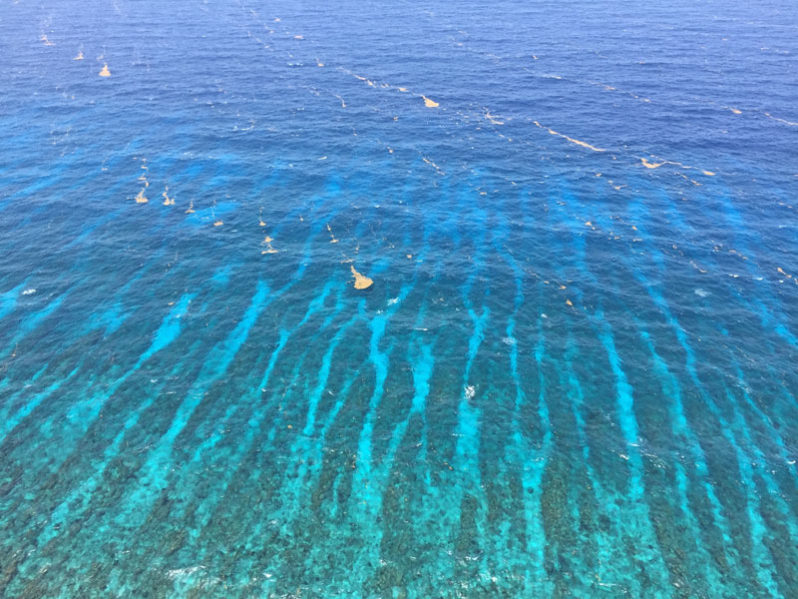
For eight years, thick mats of seaweed have smothered coral reefs, trapped sea turtles and brought economic instability to coastal communities as reddish-brown gobs of foul-smelling sargassum wash onto beaches along the Caribbean Sea, Gulf of Mexico and tropical Atlantic. These phenomena are symptoms of a massive seaweed bloom scientists are calling the Great Atlantic Sargassum Belt.
Near-record ‘dead zone’ predicted in Gulf of Mexico

Scientists are predicting a near-record Gulf of Mexico “dead zone” where the water holds too little oxygen to sustain marine life.
Watch Out: Your Money Is Being Used to Destroy the World!
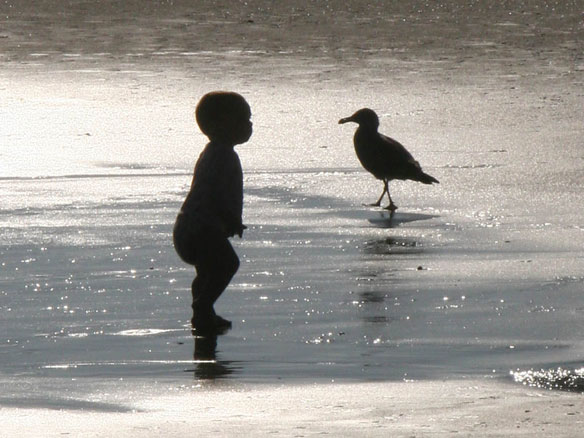
How governments spend taxpayers money to subsidise fossil fuels that cause deadly air pollution – A reminder to mark 5 June World Environment Day.
New data platform illuminates history of humans’ environmental impact
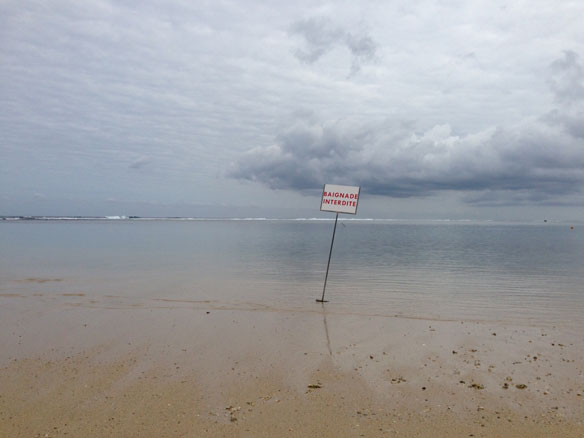
Animal remains found at archaeological sites tell the millennia-long story of how humans have hunted, domesticated and transported wildlife, altered landscapes and responded to environmental changes such as shifting temperatures and sea levels.Now, that story is available digitally through a new open-access data platform which links records of animals across biological and archaeological databases
EU ‘outright dangerous’ in its use of natural resources, says WWF
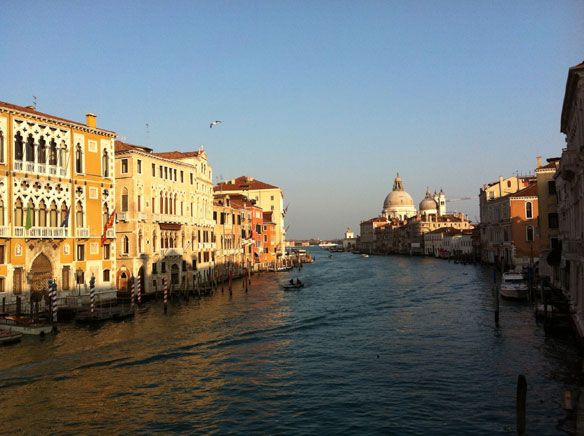
Europe is using up natural resources so quickly that the planet’s ability to replenish itself over the year would be exhausted by this Friday if everyone consumed as much, a new analysis has found.
One million species at risk of extinction, UN report warns
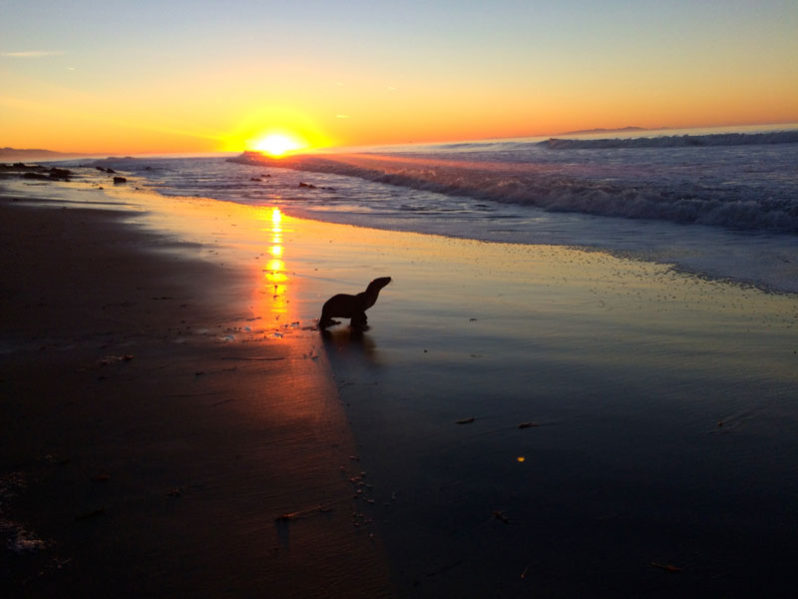
The bonds that hold nature together may be at risk of unraveling from deforestation, overfishing, development, and other human activities, a landmark United Nations report warns. Thanks to human pressures, one million species may be pushed to extinction in the next few years, with serious consequences for human beings as well as the rest of life on Earth.
